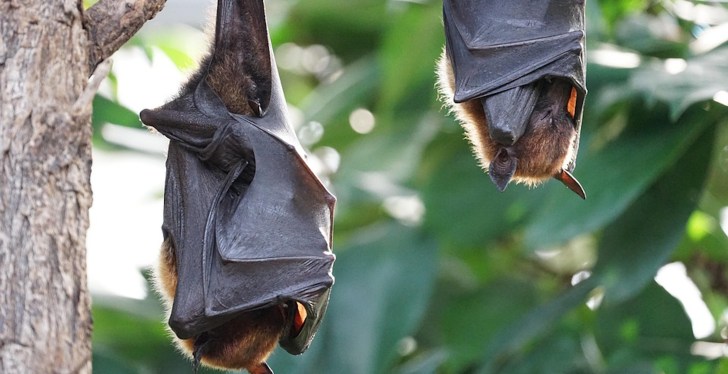An Australian man is hospitalized in critical condition after contracting a rare virus from a bat bite. Authorities say his case is only the fourth of its kind recorded in the country, and there is no cure.
According to a news release by New South Wales (NSW) Health on July 2, the victim was bitten months ago. Experts are now warning the community to keep away from bats after the first confirmed case of lyssavirus in NSW. Keira Glasgow, a Director in Health Protection, explained that lyssavirus is spread by infected bat saliva. It’s typically transmitted through bites and scratches.
The hospitalized man reportedly received treatment when the bat bit him. Ms Glasgow said that his condition remains under investigation. She also stressed that people should assume any bat in Australia could have the lyssavirus and leave interactions to qualified, vaccinated handlers.
The Bat Bite Is The First Recorded Lyssavirus Case In NSW
The lyssavirus case is only the fourth in Australia, but is believed to be the first in New South Wales. Glasgow clarified, “We know 118 people required medical assessment after being bitten or scratched by bats in 2024.” She explained that it is “incredibly rare for the virus to transmit to humans. But once symptoms of lyssavirus start in people who are scratched or bitten by an infected bat, sadly, there is no effective treatment.”
The news release describes the lyssavirus as similar to rabies. Authorities have found the pathogen in fruit bats, flying foxes, and several insect-eating microbats.
The department also shares what to do in the case of a scratch or bite, saying, “Urgent medical assessment is crucial. You will need to wash the wound thoroughly for 15 minutes right away with soap and water and apply an antiseptic with antivirus action, such as betadine, and allow it to dry. You will then require treatment with rabies immunoglobulin and rabies vaccine.”
Ultimately, NSW Health says the best way to prevent injury is to stay away from bats altogether. They urge residents to call experts if they spot an injured one on the ground and not to attempt to help it.
